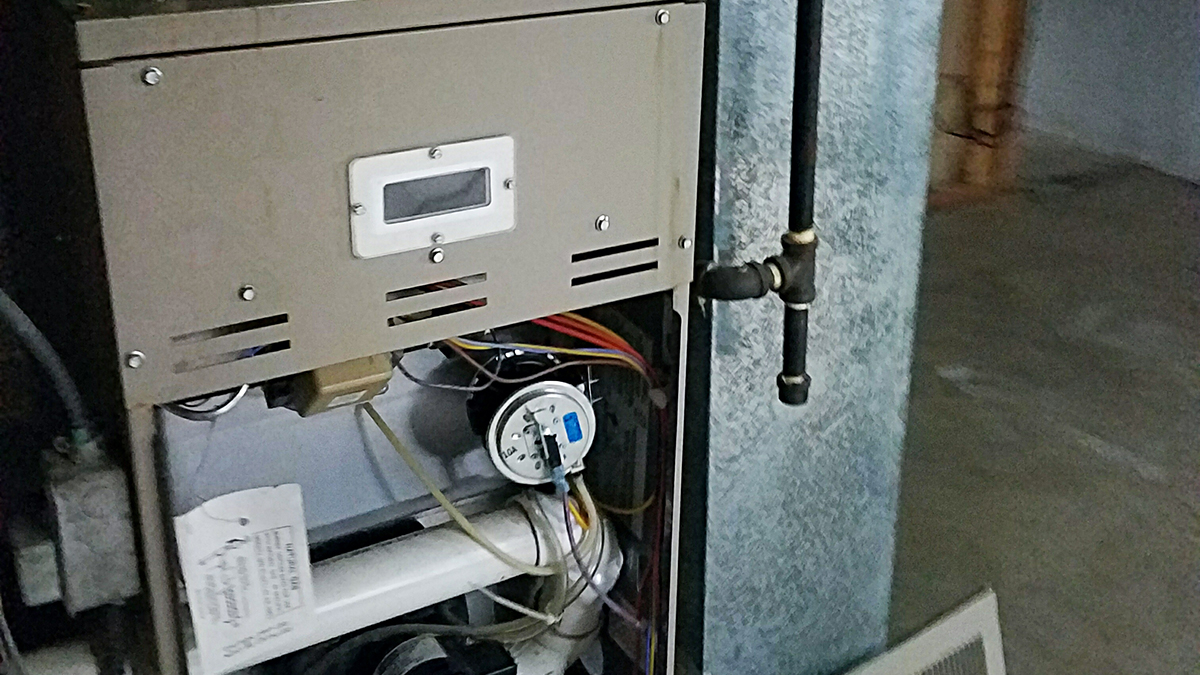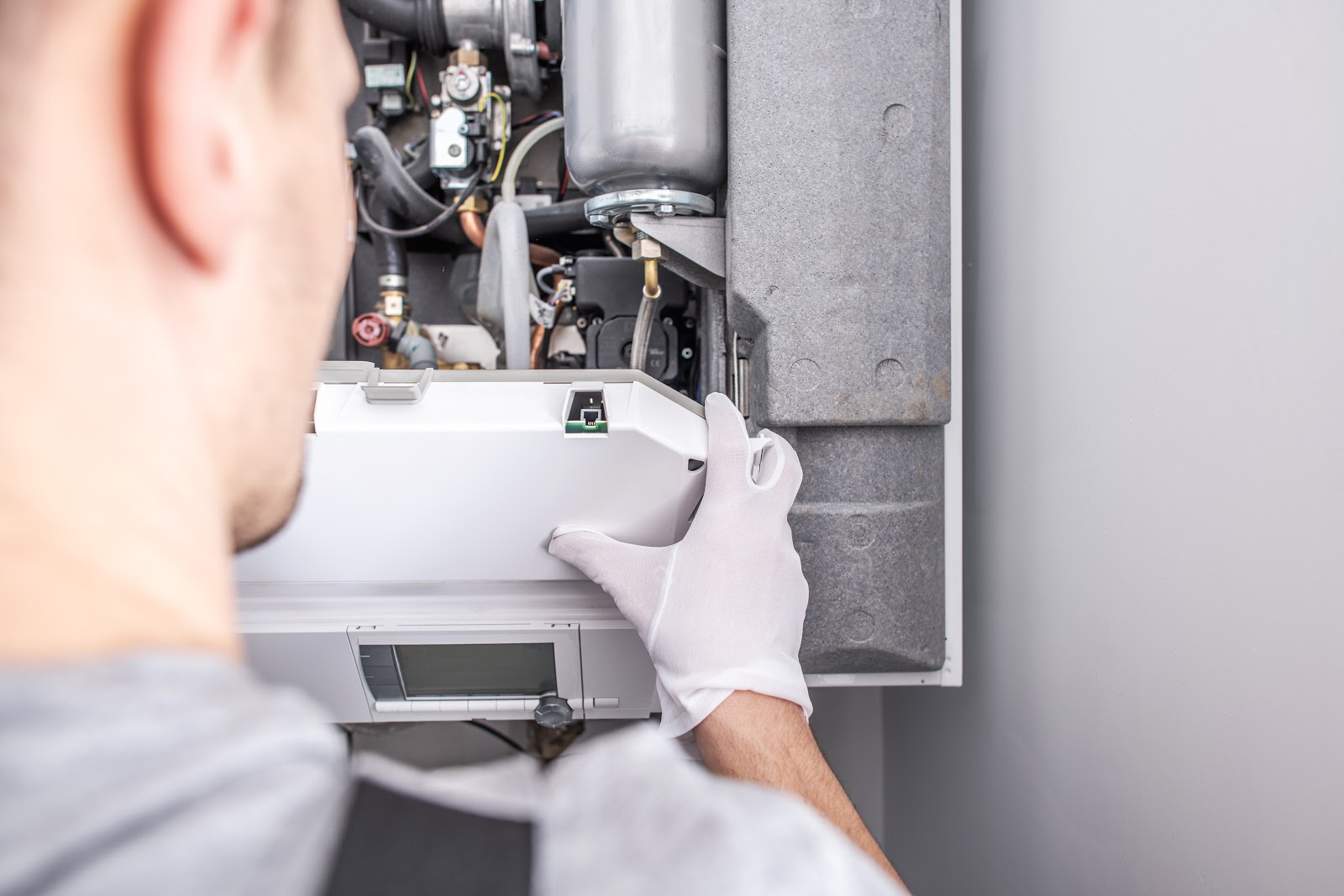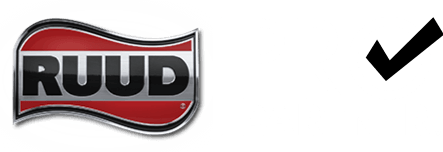
Discover when the best time to repair or replace your furnace is, by reviewing all the common questions in evaluating a furnace replacement. Understanding the status and prospects of your furnace’s life and performance can result in either the proper investment or significant savings before winter arrives.
It's likely only a matter of time before your furnace needs to be replaced, so don’t over invest in an older furnace or put off replacing it. See all the benefits of replacing your furnace, all the different furnace options, and all the common warning signs to look for once your furnace is past the 15-year mark below.
How long does a furnace last?
There are several factors to understand when trying to determine your furnace's longevity, with typical gas furnaces lasting around 15-30 years with routine maintenance.
How do I determine my furnace's longevity?
Factors to review when trying to determine your furnace’s longevity include:
- Year, make, and model of your furnace.
- Usage rate of your furnace.
- Routine maintenance schedule.
- Location, whether your furnace is in a dry location with proper ventilation.

How can I extend my furnace's longevity?
- Keep up with professional and individual annual maintenance recommendations.
- Minimize overuse of the system and don’t set it to unrealistic temperatures.
- Check your furnace’s location for humidity, try to decrease the moisture and protect your furnace from rust.
- Change air filters out regularly.
What are warning signs that my furnace needs to be replacemented?
- The need for frequent service calls and expensive repairs.
- Poor or less responsive performance
- Increased noise coming from your furnace.
- Increased energy bills.
What are my furnace replacement options?
- Natural gas furnaces: Newer gas furnaces can be up to 98% efficient. Natural gas is the most popular furnace option with nearly half the country using it.
- Oil furnaces: Slightly less efficient than gas furnaces, oil furnaces cost less but aren’t recommended for every home.
- Electric furnaces: The cheapest and easiest to install furnace option, however they usually don’t last as long as other options and the energy cost is greater.
- Propane: This is a great option if gas and oil aren’t readily accessible in your area.
Why should I replace my furnace?
Newer furnaces offer greater savings in the long run compared to keeping an older furnace whose energy and repair cost increase over time. If the repair is over 50% of the cost for a full replacement, it’s time to replace your current furnace with a newer and more efficient option.
Need help repairing or replacing your furnace?
Partner with a dedicated contractor such as a nearby Ruud Pro Partner, as we’ll help recommend whether to repair or replace your furnace. Together we’ll work with you to choose the option that best fits your lifestyle needs and budget. Whether you need financing for a new furnace or help finding the right contractor to repair your furnace, we’re here to help.



